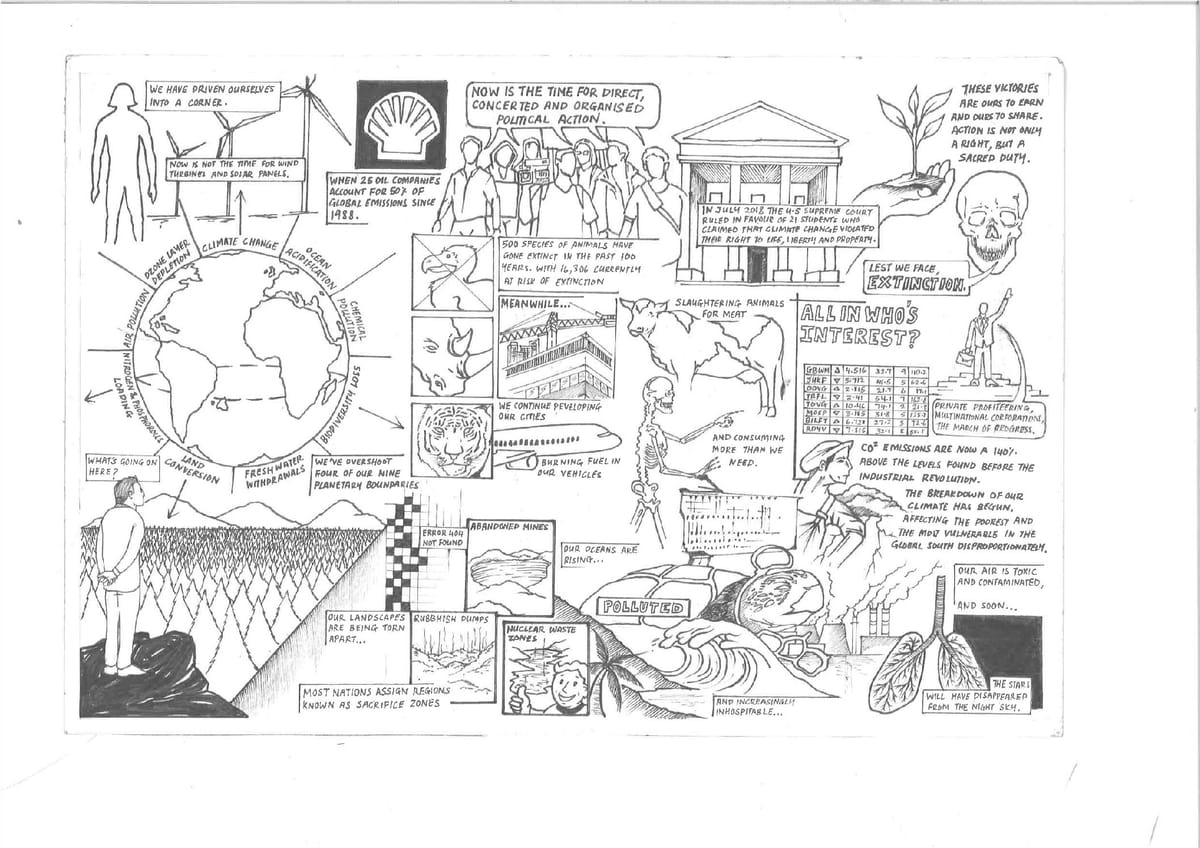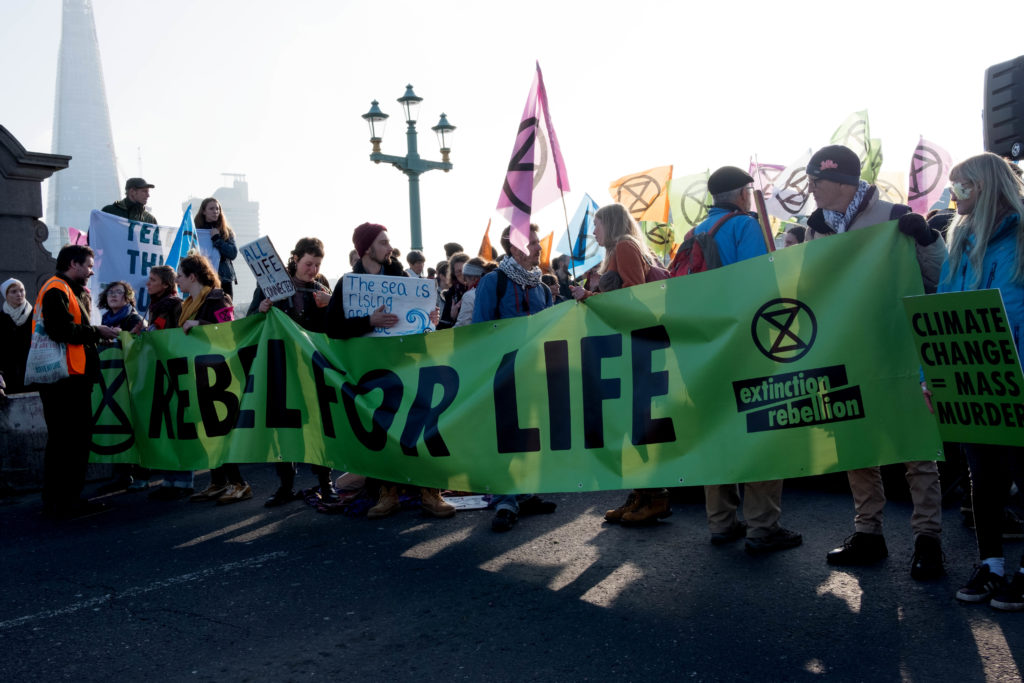What Can be Done? Fighting Climate Change is Acting For a Fairer World.

Camilla Macciani, MA Migration and Diaspora Studies
Each time we hear news about climate change, the language of catastrophe is deployed and it seems that there is little hope to “save the planet”. However, there are many effective ways to act in order to make a difference.
The last Intergovernmental Panel on Climate Change (IPCC) report released in October stated the innumerable vantages for mankind and nature to keep global warming at 1.5 °C. Massive changes are needed to reach this target: CO2 emission should be cut off 45% percent by 2030 and reach zero by 2050. According to a study recently published on Nature Communication, major economic powers’ ambitions to cut emissions are not satisfying. Indeed, under the present trend, global commitment is not fairly shared and temperature will rise by at least 3°C by the end of the century compared to pre-industrial levels.
Individual behavioural changes, despite necessary, are not enough. Indeed, according to a 2017 report by the environmental NGO CDP, only 25 fuel companies are responsible for more than 50 percent of global emissions from 1988 till nowadays. Political actions are needed to put pressure on governments in order to achieve fast and effective changes.
The IPCC scientist affirmed that the necessary changes are possible under the laws of chemistry and physics, but political will is crucial. This is the right moment to mobilize, not only to limit global warming but also to pursue a fairer world.

All around the world, people have started to take action in order to bring about change through different means. “Climate action is no longer confined to the direction given by policy makers – it is now a social movement” as claimed by Pedro Faria, CDP technical director.
Between the many ways to take actions, climate litigations are becoming increasingly common as a mean to push governments to cut emissions. The first successful climate change litigation of this kind took place in the Netherlands, under the name of Urgenda Climate Case. The Hague Court of Appeal confirmed in October 2018 the previous court decision, requiring the Dutch government to cut greenhouse emissions by at least of 25 percent by 2020. The Urgenda Case has been source of inspiration for other similar actions around the world. In 2015, 21 young students sued the US government (Juliana vs US) claiming that the federal government’s lack of action to tackle climate change and reduce fossil fuel related emissions was violating their constitutional right to life, liberty and property. In July 2018, the US Supreme Court ruled in favour of the 21 youths.
“Climate action is no longer confined to the direction given by policy makers – it is now a social movement” – Pedro Faria, CPD technical director
However, climate litigation is not the only way through which citizens can act in order to push their local institutions and governments to reduce carbon emissions and accelerate the transition towards a sustainable society.
In the UK, for instance, environmental activists decided to use the tactics of civil disobedience, and founded the movement ‘Extinction Rebellion’ (ER), in order to push the British government to reach zero emission by 2025. The government is accused of having failed to protect its citizens and future generations with its environmental policies (ER Declaration). As all the other strategies, such as marching, polite lobbying and consumer activism have not succeeded, rebelling by causing nonviolent disruption to the institutional and economic system has now become not only a right but a “sacred duty”. On November 17 the movement called a “Rebellion Day” took place where thousands of people blocked five bridges in central London and there were 85 arrests. The promoters hope that ER will be a source of inspiration for people around the world and would expand globally.
If it is yet premature to assess the effectiveness of these actions, it is important to bear in mind that similar tactics succeeded at a smaller scale. Indeed, in 2017 one of the Co-Founders of ER, Roger Hallam, carried out eight weeks of escalation of civil disobedience actions, culminating in 14 days of hunger strike, after which Kings’ College University accepted to disinvest from fossil fuels by 2022. According to Hallam, “entrenched power systems are not going to change unless they are seriously challenged”; and the most effective way to bring about this change in modern society is through an escalation of actions of civil disobedience. This requires a serious commitment on the side of the campaigner. Indeed, as George Monbiot, ER promoter and The Guardian columnist, stated, “the only time that people know it is serious, is when people are prepared to sacrifice their liberty in defence of their beliefs”.
The actions mentioned above are just some of the many ways in which people are mobilizing to reduce the impact of human activities on earth. Whether our society is going to achieve the transformation needed, will depend on the ability of these movements to act together.
Photo Credit: Gaia Tan




